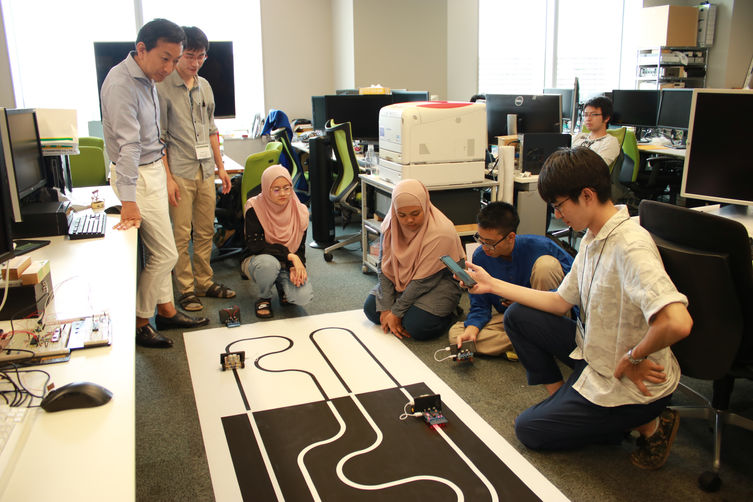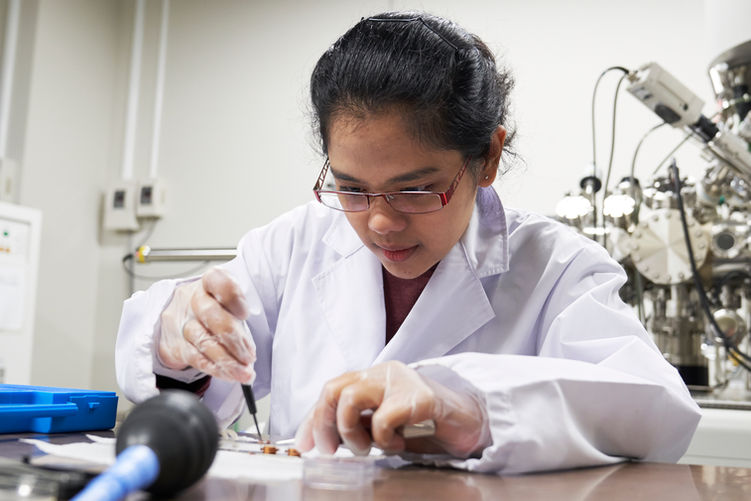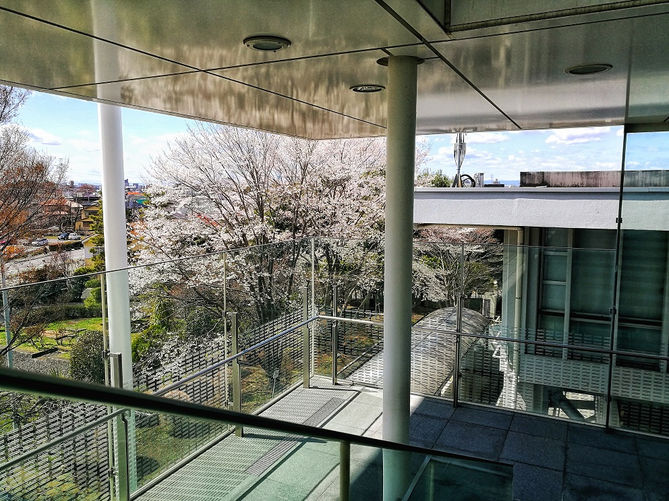Shibaura Institute of Technology
Tokyo / Saitama, Japan
Shibaura Institute of Technology (SIT) has firmly maintained “learning through practice” as the philosophy in education of engineers ever since Tokyo Higher School of Industry and Commerce, the predecessor to SIT, was established in 1927. In response to the recent progress in the globalization of the economy, SIT is providing an up-to-date framework for “learning through practice” including intensive English Language programs, Project Based Learning programs under multicultural environment, along with many Hands-on subjects that has been preserved through SIT’s 91 years of history.
The initiative for educational reforms are supported by Ministry of Education, Culture, Sports, Science and Technology and implemented in collaboration with other technical universities both in Japan and other countries, Japanese industries, and local communities in Tokyo and Saitama where our campuses are located.
SIT now aims to foster scientists and engineers who can contribute to the sustainable growth of the world by exposing our students to culturally diverse environments where they learn to cope with, collaborate with, and have ever-lasting friendships with fellow students from around the world.
Destaques
To be a Top 10 Asian Technical University:
SIT has set the goal of entering the ranks of Top 10 Asian institutes of technology by 2027 (celebrating its 100th anniversary). SIT is the only private university that is selected by the Japanese Ministry of Education as ‘Top Global University’. In order to advance towards becoming a global science and engineering university, as a university, we declared Centennial SIT Action with the following five topics.
- Institute for the very best education in engineering and sciences
- Center of Excellence for global and regional research
- Top global university for technological education
- Institution to celebrate diversity and inclusion
- University administration based on faculty & staff partnership
Programas Graduação
Undergraduate Programs Taught in English
•Innovative Global Program (Research-based learning)
While undertaking Research-Based Learning, students also study foundational science courses, required specialized subjects and other disciplines to ensure they gain the deep understanding needed for advanced research. The capacity to demonstrate international teamwork and leadership is fostered by incorporating presentations and discussions. The curriculum is also structured to ensure that each graduate also carries the Program’s core values of ethics, respect for diversity, and social contribution into their careers.
Programas Pós-Graduação
Graduate Programs Taught in English
- Master
•Electrical Engineering and Computer Science
•Materials Science and Engineering
•Applied Chemistry
•Mechanical Engineering
•Architecture and Civil Engineering
•Systems Engineering and Science
•Global Course of Engineering and Science
- Doctor
•Regional Environment Systems
•Materials Science and Engineering
Outros Programas / Bolsas de Estudo
Exchange Programs(Non-degree Program)















